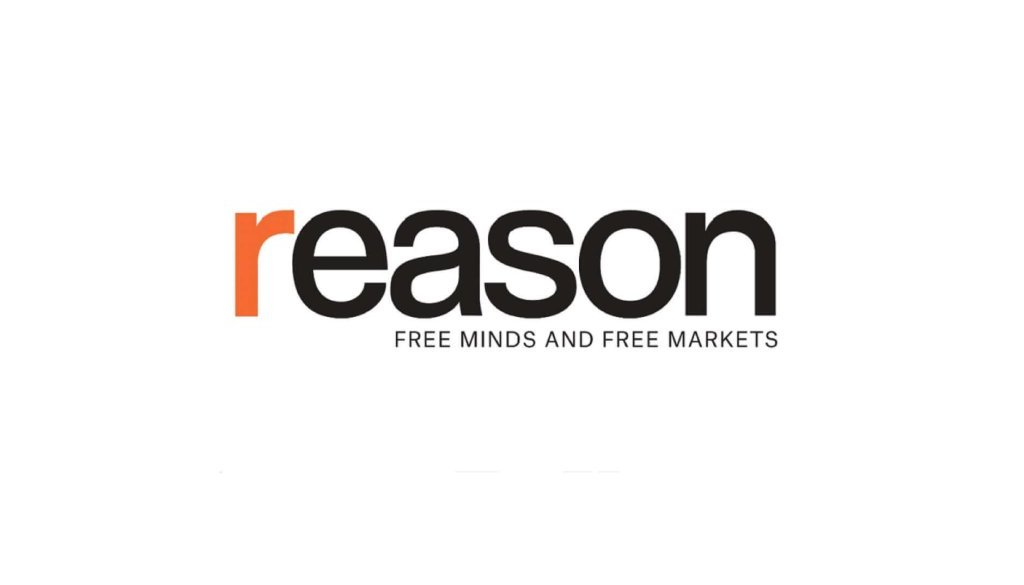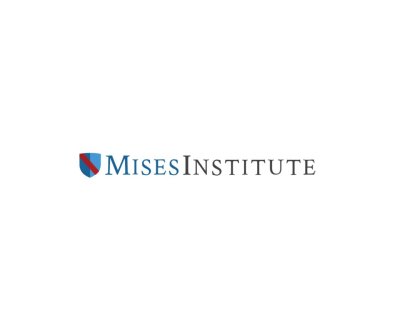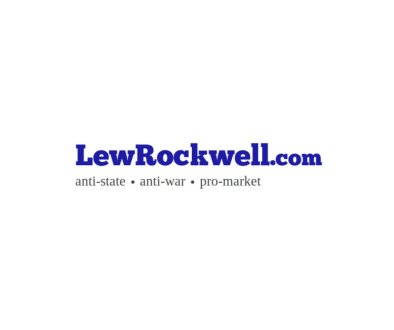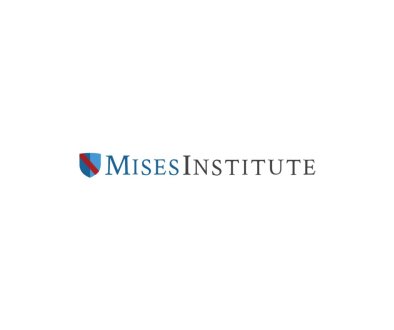The Gattaca Future Is Here
Advances in the world of embryonic screening: The company Nucleus Genomics announced the launch of Nucleus Embryo yesterday, which they bill as “the first genetic optimization software that lets parents pursuing IVF [in vitro fertilization] see and understand the complete genetic profile of each of their embryos.” It’s a dashboard, essentially, that lets parents see the full analysis of their frozen embryos—each embryo’s probability of having some 900 diseases, as well as information about their appearance (male pattern baldness, eye color, hair color), IQ, and more. You can now compare each embryo to the others, and rank order your preferences for which ones you implant, if you so choose. You can know which embryos are more likely to have seasonal allergies, asthma, restless leg syndrome, schizophrenia, cystic fibrosis, alcoholism, celiac disease, and more.
“Some people don’t think you should have access to the choice Nucleus Embryo empowers you to make,” writes Nucleus CEO Kian Sadeghi. “Here’s the thing. It’s not their choice to make. It’s yours.” (For the price of $6,000, of course.)
Competitors like Orchid offer essentially the same thing. What’s discussed a bit less in all the marketing copy is that you’re not genetically tweaking the embryos, you’re just discarding the ones that don’t meet your specifications. And, look, I don’t mean to let my Catholic show too much, but I have a hard time getting excited about a Gattaca future—as do many others who’ve been following the developments in the world of embryonic screening:
This level of embryo selection is mostly a cope for high income type As who want a single child
The error bars on genomic analysis wrt IQ are such that choosing any two of these embryos at random is more likely to get you a higher IQ kid than choosing the single “best” embryo https://t.co/elnKu8a5ZQ
— Mason (@webdevMason) June 5, 2025
“this announcement also marks the first time in history a company has partnered with a couple to help them optimize their embryos based on intelligence.”
Since these are all just statistical predictions, what happens if your kid turns out dumb anyways? Do you get a refund? https://t.co/1g8imuMTGD
— Luke Metro (@luke_metro) June 4, 2025
Other folks within Silicon Valley are bullish on this, and interested in investing in gene-editing technology, applying it to embryos specifically. So expect this to be something we hear a lot more about in the future:
If you’re a gene editing scientist or comp bio/ML engineer interested in the topic of embryo editing, I’m hosting a dinner in the bay area soon with a few folks.
I think the time is right for the defining company in the US to be built in this area, approaching it in a… pic.twitter.com/4BKfIUijn3
— Brian Armstrong (@brian_armstrong) June 2, 2025
Some people surely believe this is a means to reduce suffering, and that it is better to eliminate embryos that would be possibly destined for great suffering than to allow them to continue to grow and develop into children, and then adults, who would incur extreme hardship (like a life with cystic fibrosis or Tay-Sachs disease). To me, this argument is less compelling, because I don’t believe it is the parent’s role to pick and choose which children are “desirable” and to discard those with traits that might lead to suffering. I also fear the use of this technology as a means of indulging parental hubris, a belief that you
Article from Reason.com

The Reason Magazine website is a go-to destination for libertarians seeking cogent analysis, investigative reporting, and thought-provoking commentary. Championing the principles of individual freedom, limited government, and free markets, the site offers a diverse range of articles, videos, and podcasts that challenge conventional wisdom and advocate for libertarian solutions. Whether you’re interested in politics, culture, or technology, Reason provides a unique lens that prioritizes liberty and rational discourse. It’s an essential resource for those who value critical thinking and nuanced debate in the pursuit of a freer society.




